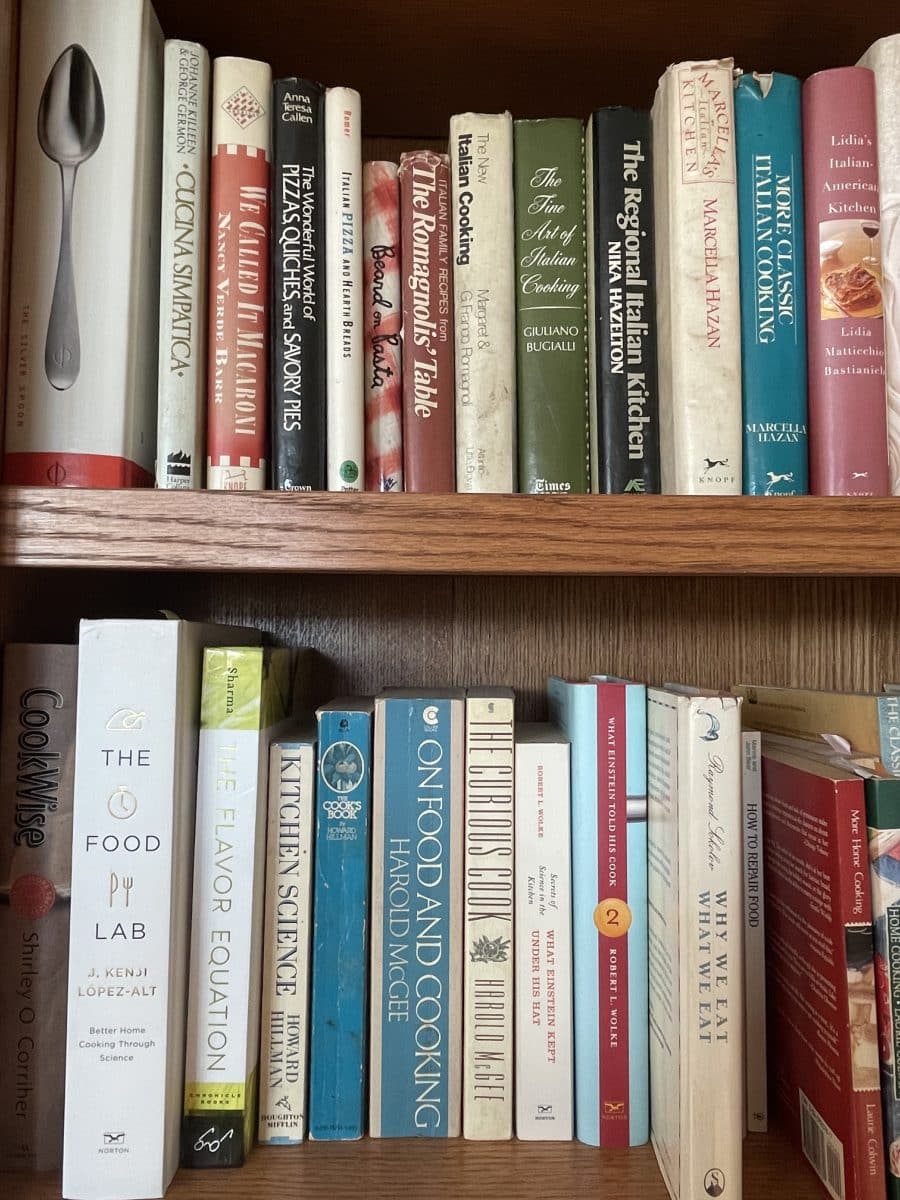What I learned is that the days of “Mastering the Art of French Cooking” are over. No one spends as much time as Julia Child and Simone Beck did on a book. And that’s because few write their books before they secure a publisher or a book advance. Child and Beck spent nearly a decade writing, developing, testing, and editing their recipes before they sold it to a publisher.
Today most cookbooks are created in under a year. If you’re a celebrity chef, your publisher may want it even sooner, say when your new show airs. “The timelines are absolutely choked,” says Katie Workman, founding editor of Cookstr.com and author of “The Mom 100 Cookbook.”
“The time spent on every stage of the book, from writing to proofreading, is insane.”
Paris-based cookbook author David Lebovitz was surprised to learn that most people think publishers hire recipe testers to test the recipes. “In most contracts,” Lebovitz says, “recipe testing fees come out of the author’s pocket, not the publishers.”
Recipe testing, ingredient costs, photography and illustrations usually come out of the author’s advance. So by the time you pay for most of your expenses, you’re left with practically nothing. It’s no wonder cookbook writers, many of whom are chefs, lean on their staff or friends for testing. And there’s nothing wrong with that, except that friends and chefs typically don’t test with an editor’s eye. If you can find someone who does, then you’re fortunate.

